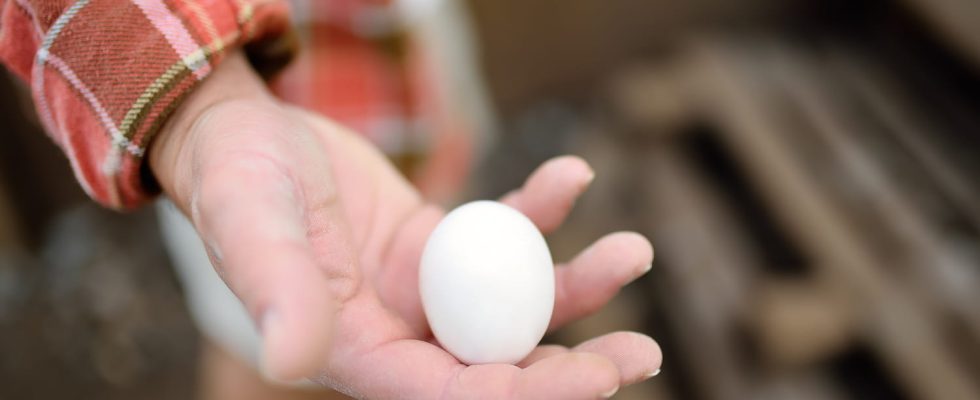The inhabitants of Île-de-France are called upon to no longer consume eggs from domestic henhouses because of possible pollution by PCBs, dioxins and furans.
Warning to Ile-de-France residents who have their own chicken coop or who buy their eggs from individuals. The Regional Health Agency (ARS) of Ile-de-France recommends no longer consume these eggs from uncontrolled domestic production throughout the region, due to contamination with persistent organic pollutants (POPs). A study carried out in March 2023 by the ARS on the eggs of 25 domestic chicken coops in Île de France revealed that the soils and eggs of poultry houses in the region are contaminated by three families of persistent organic pollutants (POP): the dioxins (PCDD), the furans (PCDF) and polychlorinated biphenyls (pcb). 14 of the poultry houses analyzed are located near the three largest household waste incinerators in the region, namely Ivry-sur-Seine, Issy-Les-Moulineaux and Saint-Ouen. “Pollutants are present throughout the urban environmentand not specifically around incinerators” emphasizes the ARS. Of the 25 poultry houses analyzed, “two locations, [situés à plus de 3 kilomètres d’un des incinérateurs] present particularly high PCB content in eggs, exceeding 40 to 50 times the European regulatory thresholds for marketed eggs”.
What are persistent organic pollutants (POPs)?
Dioxins and furans are undesirable by-products of waste combustion (incineration of household waste, burning of green waste) and certain industrial processes (bleaching paper pulp for example). PCBs are now banned in France. Their presence in the environment is linked to past uses (adhesive, oils, paints, pesticides) or factory leaks. POPs are lipophilic and are therefore concentrated in the fatty tissues of living organisms, and accumulate throughout the food chain. Food is therefore the main route of exposure for the general population.” alerts the ARS. According to the Ministry of Ecological TransitionPOPs are:
- persistent: the substance degrades “slowly”,
- bioaccumulative: the substance “builds up” within living beings,
- toxic: exposure to the substance is likely to cause harmful effects,
- mobile over long distances : high concentrations are measured far from discharge points (in the Arctic for example).
What are the health risks ?
According to the ARS, consuming food contaminated with POPs can have long-term health effects such as:
- an increase in cancer risk
- of the fertility disorders
- of the pregnancy disorders
- metabolic effects like diabetes
- effects like endocrine disruptor
“There is no no treatment to eliminate these substances from the body. The main preventative measure is to avoid consumption contaminated food products” recommends the ARS. The Agency recommends, pending further investigations, not to consume eggs and animal products from uncontrolled domestic production throughout the Ile-de-France region (especially Paris and the inner suburbs). study does not concern egg production integrated into a commercial sector, you can still eat commercial eggs, they are controlled.
Sources:
– Persistent organic pollutants: the Agency recommends as a precaution not to consume eggs from domestic poultry houses in Île-de-France, ARS Ile-de-France, 19 April 2023
– Persistent organic pollutants (POP), Ministry of Ecological Transition, March 22, 20223
